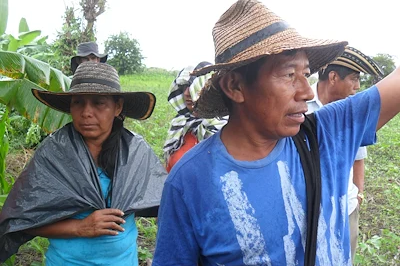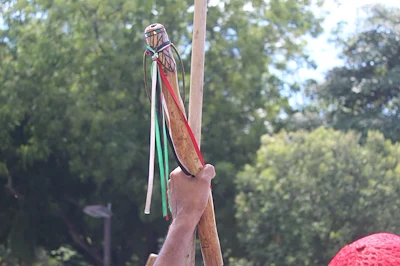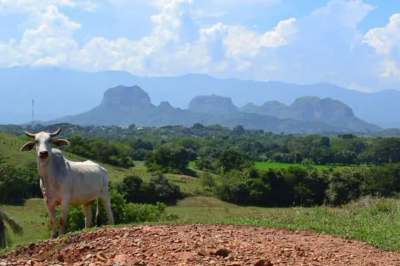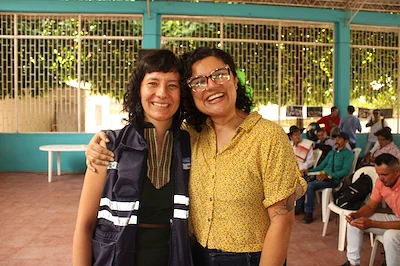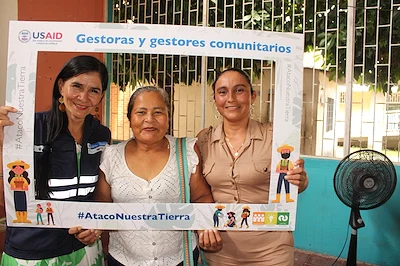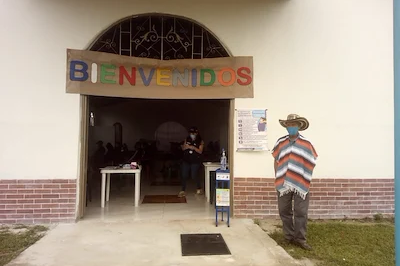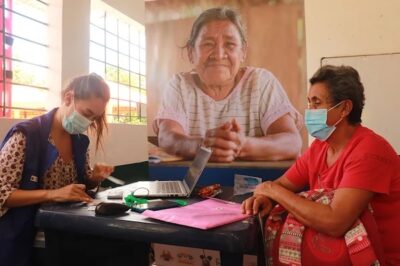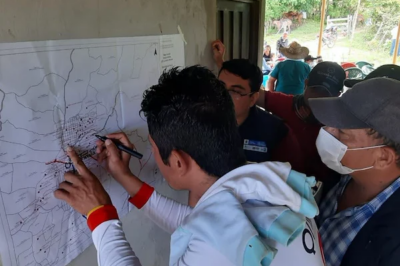Robust safeguards help manage social risks during USAID land tenure programming and contribute to the social well-being of ethnic communities
A Forgotten History
The Pijao ethnic community has lived in the mountains of Tolima since before European colonization. Organized in federations, Pijao communities gradually lost their control over vast areas of land in southern Tolima and other parts of Colombia’s central region. In the 20th century, the Pijao saw a resurgence to reclaim their ancestral lands, and the government officially recognized several reservations.
Despite the violence that displaced families, leading to widespread dispossession and social and cultural disintegration, social indigenous movements managed to recover an estimated 20 percent of the Pijao landholdings that were established under colonial rule. Most of these achievements were made with dozens of small communities scattered throughout southern Tolima.
In the municipality of Ataco, three of its 10 Pijao communities are officially recognized by the government, allowing the Pijao to live and farm on land that is protected under the rule of law.
In 2022, The USAID-supported parcel sweep in Ataco provided the remaining seven communities the opportunity to make a case to the government for their land rights. To do this, USAID adhered to free, prior and informed consent (FPIC) best practices to assure the community agreed to participate. FPIC is a right that indigenous and Afro-descendant communities have to say yes or no to any proposal that could affect their territory and social structure.
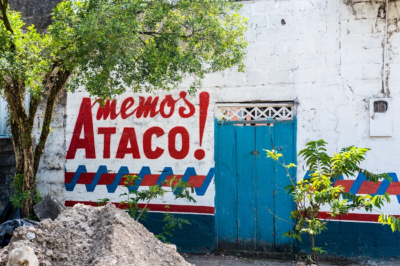
Seven Pijao communities in Ataco worked with the parcel sweep teams to meet the requirements to request the creation of protected indigenous reservations, including: Brisas de Atá; Mesa de Pole; Ico Valle de Anape; Kalapicá Ambulú Territorio Sagrado; Ancestral Pijao Buena Vista; Caciques de Agua Dulce; and Casa de Zinc.
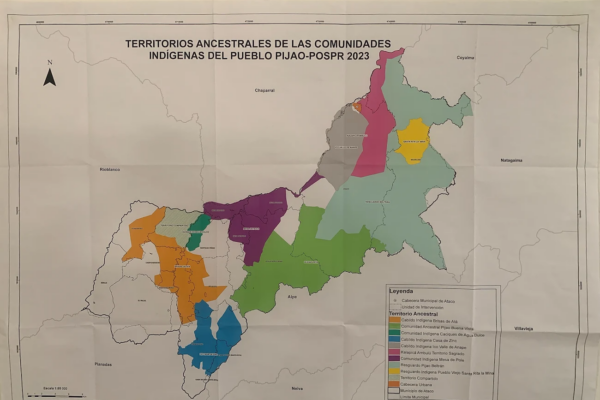
The FPIC strategy is inclusive and participatory and demonstrates a successful intercultural dialogue around land and territory. Following the FPIC process, which included meetings with more than 100 Pijao leaders and community members, the remaining seven Pijao communities voted to participate in the parcel sweep, and worked with teams to survey their land. With the technical information, the seven Pijao reservations, representing some 600 families, presented requests to the National Land Agency to create protected reservations for their communities.
“The parcel sweep helped us to strengthen our land claims and defend our territory. This shows that we can work as a community and reach agreements through dialogue and that we can indeed achieve differential treatment as indigenous people,” says Rosmira Luna, 60-year-old governor of the Pijao indigenous cabildo in the Mesa de Pole village.
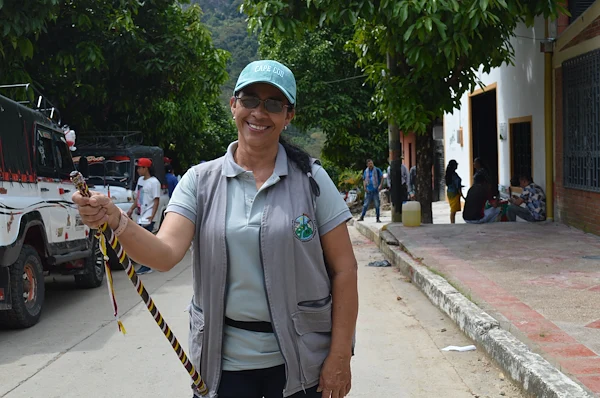
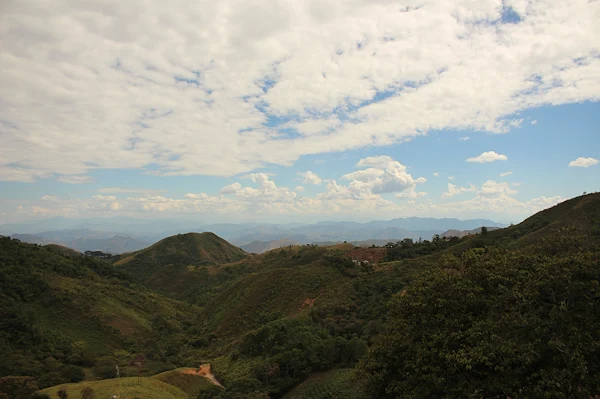
Keys to success include respect for the Pijao’s autonomy and self-determination, a series of consultations with Pijao leaders, and the wide participation of the community.
“Now we can finally move forward with the reservation.” –Rosmira Luna, Pijao indigenous cabildo in the Mesa de Pole, Ataco, Tolima
USAID developed the parcel sweep method in partnership with contributions from the National Land Agency and Colombian land agencies. The initiative seeks to update the nation’s rural cadaster, resolve land conflicts, and deliver land titles to rural landowners, and helps the government meet the commitments made in the 2016 Peace Accords.
In the process, USAID updated the parcel sweep methodology with guidelines on working with ethnic communities. The guidelines will improve the government’s application of FPIC in relation to land formalization and are part of fulfilling USAID’s guiding principles to promote the rights of indigenous groups in relation to Colombian land laws.
In late 2022, the Ataco parcel sweep finished field work, identifying 11,843 parcels covering approximately 100,000 hectares. As the parcel data is processed, it is then sent to the National Land Agency, which determines which parcels are immediately subject to formalization. With an estimated 5,000 parcels ready to be titled, the Ataco parcel sweep is Colombia’s largest land formalization initiative yet.



